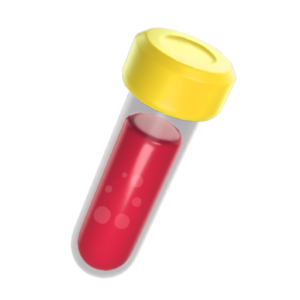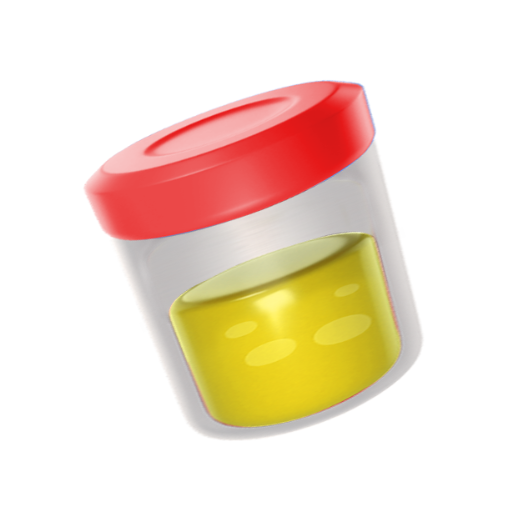Kidney Failure
- Home
- >
- Kidney Failure
- >
- Kidney Screening at GP Clinics
Follow us on Facebook
Follow us on Instagram
Follow us on YouTube
Follow us on TikTok
Kidney Screening at GP Clinics
Visit any of our partnering clinics and mention “NKF SCREENING” to the clinic’s staff to redeem a complimentary kidney screening if you meet the eligibility criteria.
Where can I go for kidney screening?
You are advised to call/email your preferred clinic to check their availability as an appointment may be required.
2 tests to check your kidney health:
Blood Test

Detects serum creatinine, which is a breakdown of creatine found in muscles and is filtered by the kidneys into the urine. A formula is then used to calculate our kidney function.
Urine Test

Detects albumin, which is a type of protein in our blood. Abnormal protein level in urine may be a sign of kidney damage.
If you are between the ages of 21 - 80, have not done a kidney screening in the past 1 year and have ANY ONE of these risk factors:
| Personal medical history | Family history | Other risk factors |
|---|---|---|
| Diabetes | Kidney Disease | BMI of ≥ 27.5 kg/m2 |
| Hypertension | Diabetes | Frequent smoker |
| Heart Disease* | Hypertension | Frequent NSAID use (non-steroidal anti-inflammatory drug) |
*Includes heart attack, heart failure, valve disease, stroke and blood vessel/vascular disease
Frequently Asked Questions (FAQs)
Yes, this screening is complimentary for Singaporeans and Permanent Residents if you fulfil the 3 eligibility criteria.
It consists of serum creatinine (blood) and microalbuminuria tests (urine).
The complimentary screening only covers the tests as mentioned. Any other consultation, diagnostic tests done during the visit will not be covered by NKF and are at participant’s own cost.
If you wish to proceed with the kidney tests after being advised, it will be chargeable at your own cost.
